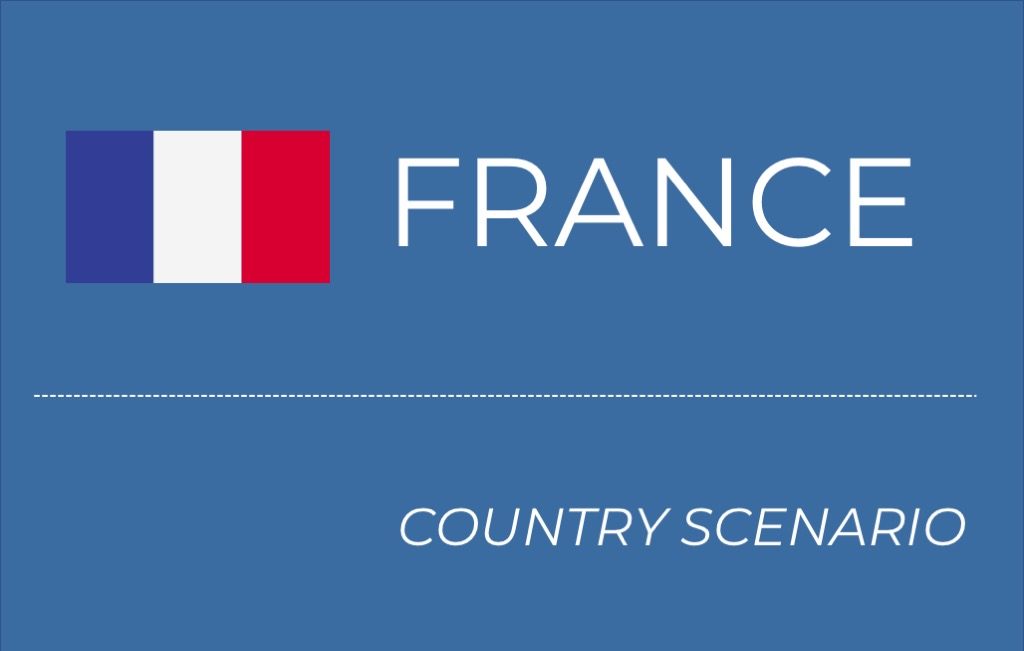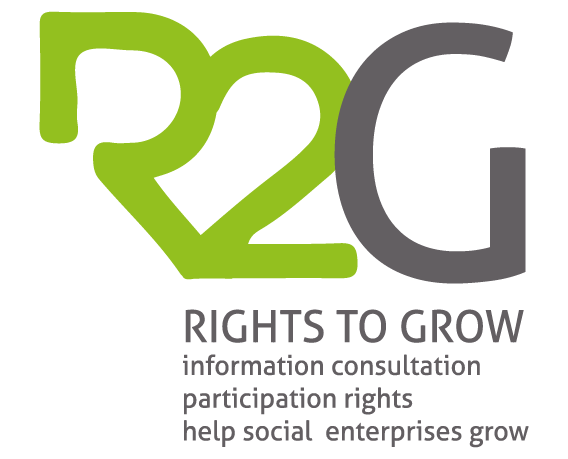
Social and solidarity economy
A French Social and Solidarity Economy act voted in July 2014 has officially defined the social and solidarity economy (SSE). According to Article 1 of the act: “The social and solidarity economy is a mode of action and economic development adapted to all areas of human activity that adhere private legal entities that meet the following cumulative conditions:
- A goal pursued other than the sole sharing of benefits.
- Democratic governance, defined and organized by the statutes, providing the information and the participation of partners, employees and stakeholders in the company’s achievements.
- Management in accordance with the following principles:
-
- The profits are mainly devoted to the objective of maintaining or developing the business activity.
- Compulsory reserves, which can’t be shared, can’t be distributed.”
Social entrepreneurship / Social enterprise
There is no official definition of social entrepreneurship or social enterprise in France. It is possible to refer to the definition promoted by the Mouves (Mouvement des entrepreneurs sociaux):
“Social entrepreneurship is a way of “doing business” that puts economic efficiency at the service of the public interest. Whatever the legal status of enterprises (association, cooperative, commercial, …), their leaders make profit a means, not an end in itself. The social enterprise is organized around 4 simple principles:
- Entrepreneurial dynamism in constant search for new financing and diversification of resources
- A social and / or environmental finality that can be expressed in a plural way (access to healthcare, energy, housing, fight against waste, long-term unemployment, promotion of short supply chain, bio, green growth, etc.)
- A limited pursuit of profit putting profitability at the service of the social or environmental purpose.
- Participatory governance involving all stakeholders.”
The French approach, which defines a broad framework (SSE), can’t easily distinguish, among the enterprises of SSE, the social enterprises according to the European operational definition. The report “Social enterprises and their eco-systems: a European cartographic report – France” proposes, taking into account the French context, to consider the following organizations:
- “associations with a minimum of one employee and at least 25 % of their budget coming from market resources, including WISE s with an associated legal form;
- specific cooperatives that pursue an explicit collective interest in various ways: services provision, sustainable development, environmental protection, territorial economic development, job creation for vulnerable persons, consumer protection, etc.;
- mutual societies, since they provide social protection based on a solidarity principle;
- operating foundations that manage services of general interest;
- other entrepreneurial forms that pursue an explicit social conditions in terms of profit distribution and management and that are therefore included in the SSE. Some WISE¹s adopt a commercial legal form and would be included in this category.”

